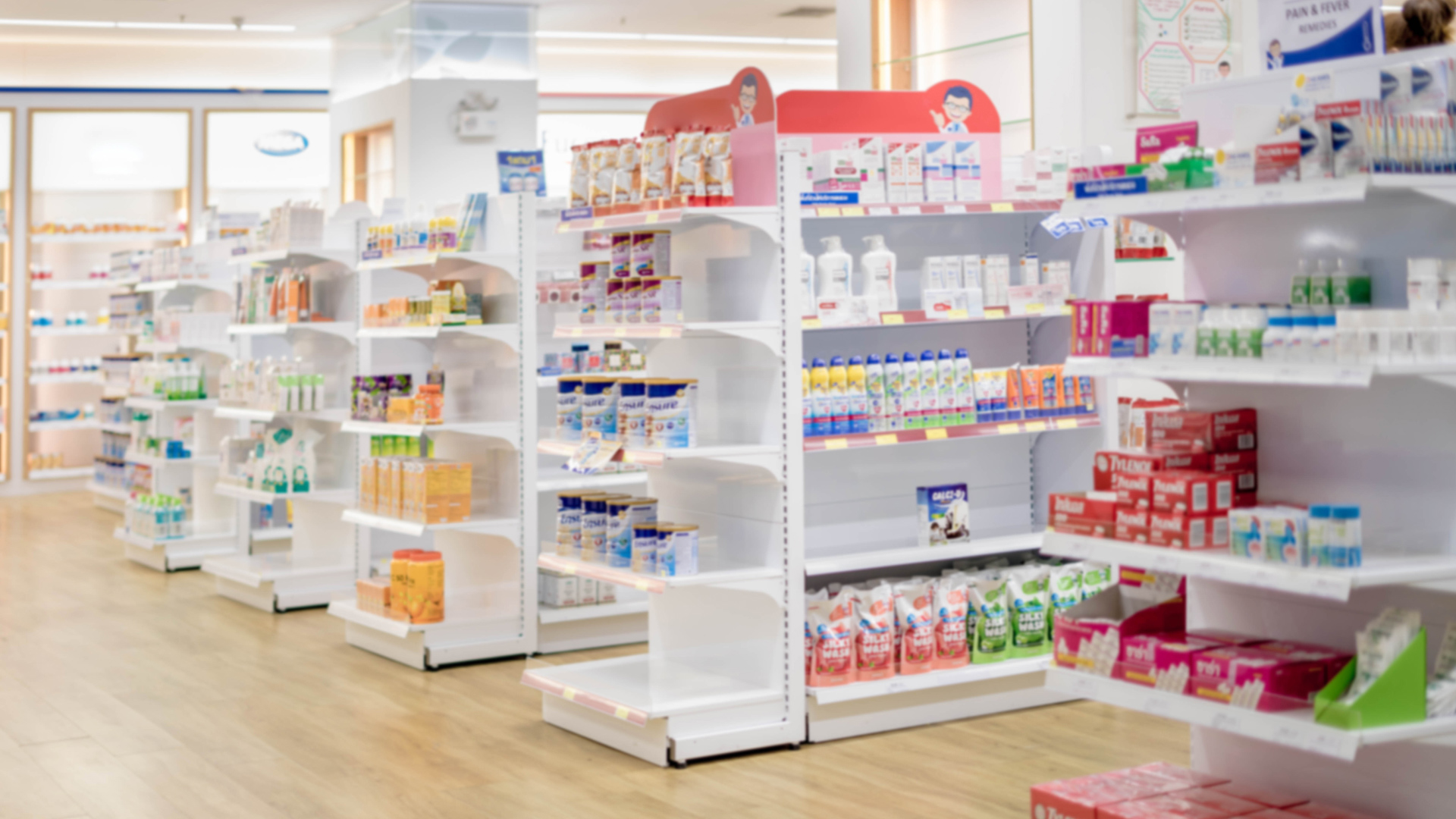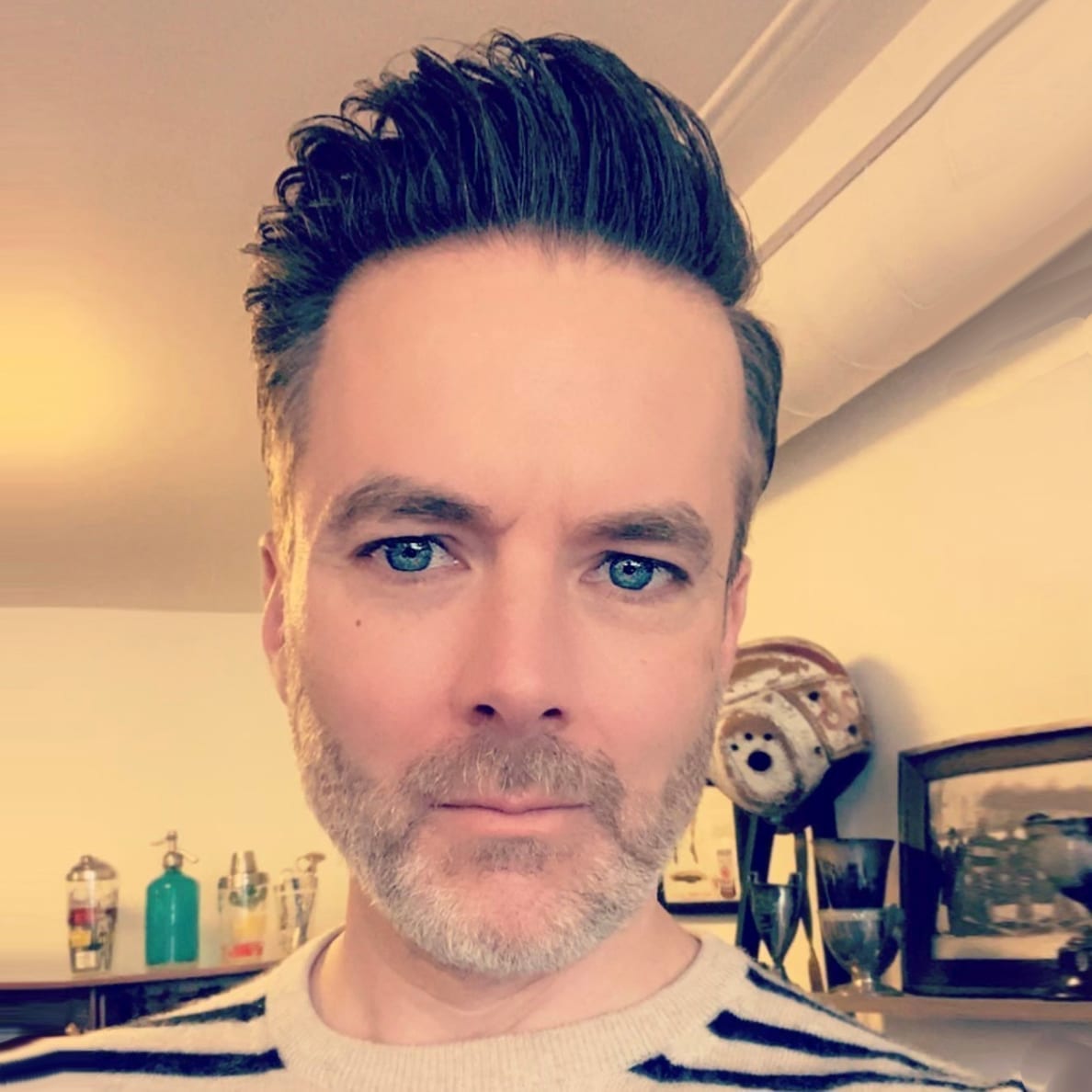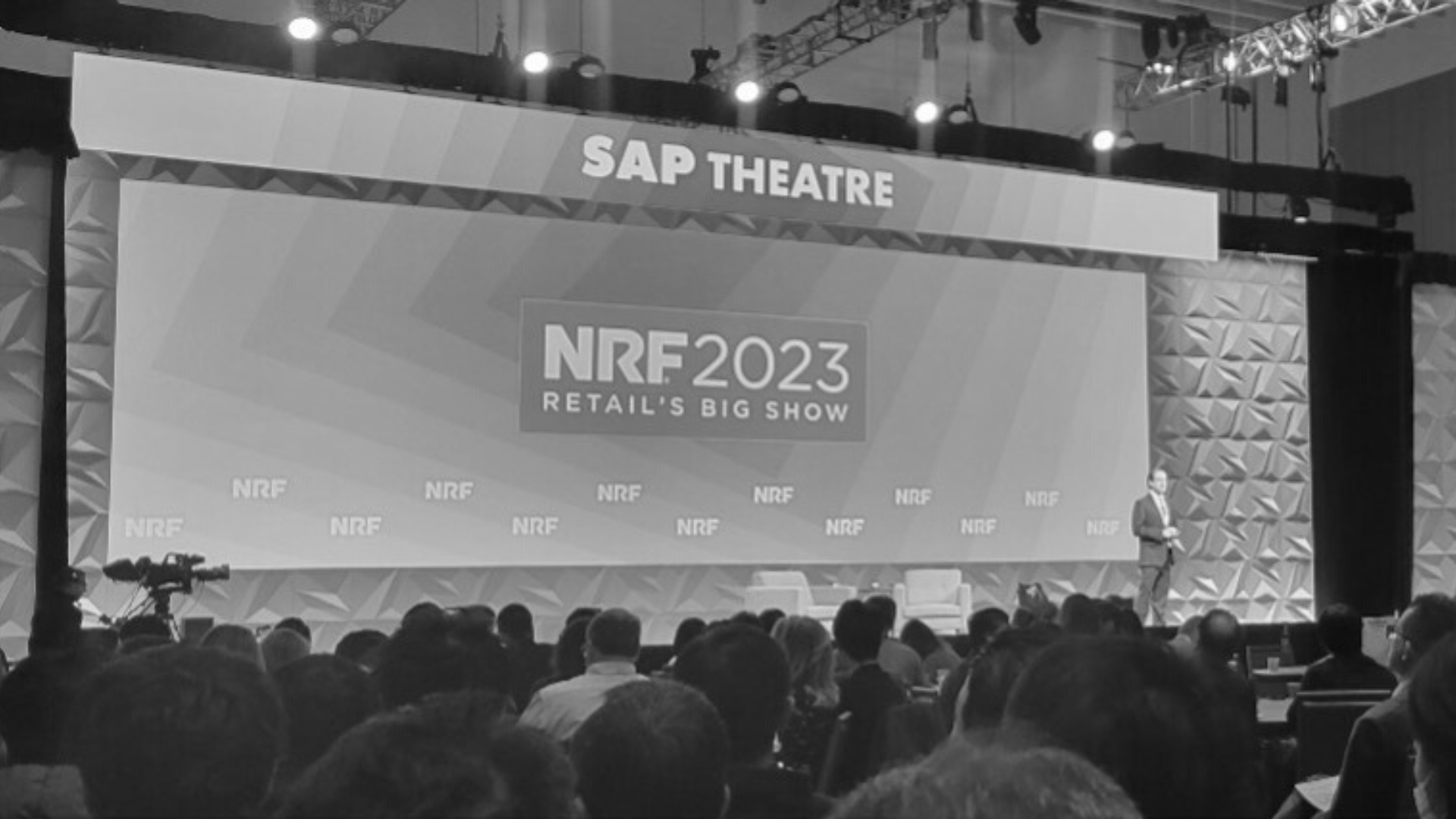The intersection of retail and health is booming, as the COVID-19 pandemic has sparked a clear demand for retailers to serve as one-stop-shops for essentials including food, household supplies and health needs. The Philips (client) Future Health Index 2021 Report surveyed nearly 3,000 healthcare leaders across 14 countries and found that healthcare leaders expect an average of 23% of routine care visits to take place outside of the hospital walls within three years.

Retailers and healthcare providers have responded to evolving consumer expectations through partnerships that increase access to care and expand their reach. In major drug stores across the country, storefronts are evolving into clinics, vaccination sites and more. Retailers offer a broader footprint than many physician practices and health systems, and they operate for longer hours and on weekends, making them accessible to many. For healthcare providers, partnering with retail outlets breaks down barriers to care by meeting their patients wherever they are. All of this was underway before the pandemic but accelerated as Americans gravitated to retail stores for COVID vaccines and testing.
Recently, a popular dollar store created the new role of chief medical officer as the retail chain aims to become a healthcare destination in rural areas. Given that many rural communities do not have enough healthcare providers or pharmacies, the opportunity for this chain’s growth in the health space is significant. (As a simple first step, the retailer is committed to offering more healthcare items on its shelves, such as cold and cough medication and dental supplies.)
Another example is the longstanding partnership of Target (client) with CVS Pharmacies. Throughout the pandemic, Target worked closely with CVS to administer the COVID-19 vaccination at 600 locations within Target stores, giving access to customers and employees.
As retail and wellness continue to merge, here are three takeaways for communications pros:
- Retail and healthcare partnerships will drive growth. Healthcare and retail brands will continue to embrace partnerships to grow and succeed in the post-pandemic world. Old barriers between healthcare systems, government health departments, insurers and retail stores will be broken down to build new collaborations that provide creative ways of delivering care and improving people’s health. Communicators will be tasked with developing narratives around the value of these partnerships and building awareness among target audiences.
- Exceeding customer expectations will drive reputation. Reputation is a key concern as retailers and healthcare providers join forces. People expect the same quality of care in retail establishments as in traditional doctors’ offices — and often have higher expectations for ease and convenience. The intersection of retail and health provides opportunities to build the brand’s equity with new audiences and develop deeper loyalty. Companies who don’t forge new partnerships are likely to be viewed as less innovative and creative. For communications professionals, baseline reputation research and ongoing measurement will provide needed insight on consumer sentiment as retail and healthcare partnerships mature.
- Keep your values at the core. Consumers are more interested than ever before in the supporting brands that align with their values. COVID-19 put a spotlight on health inequities in the United States, and retailers can be part of the solution by expanding the locations where people receive healthcare services, increasing access to care. Retailers and healthcare providers would be well-served to be clear about the value — and values— t hey bring to communities where they co-operate.
If interested in learning more about either of our retail or health innovation sectors, please reach out.




